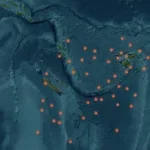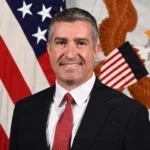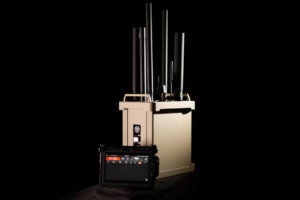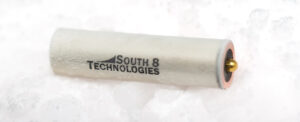
BAE Systems, Inc. on Monday said it has agreed to acquire the military GPS business of United Technologies Corp. [UTX] and the airborne tactical radios (ATR) business of Raytheon [RTN] for a combined $2.2 billion in cash, deals that would add new capabilities in strong demand by U.S. defense customers. The divestiture of the two businesses is required by U.S. anti-trust authorities as part of the pending merger between UTC and Raytheon. BAE Systems, Inc., which is the U.S.-based business…

 By
By 











